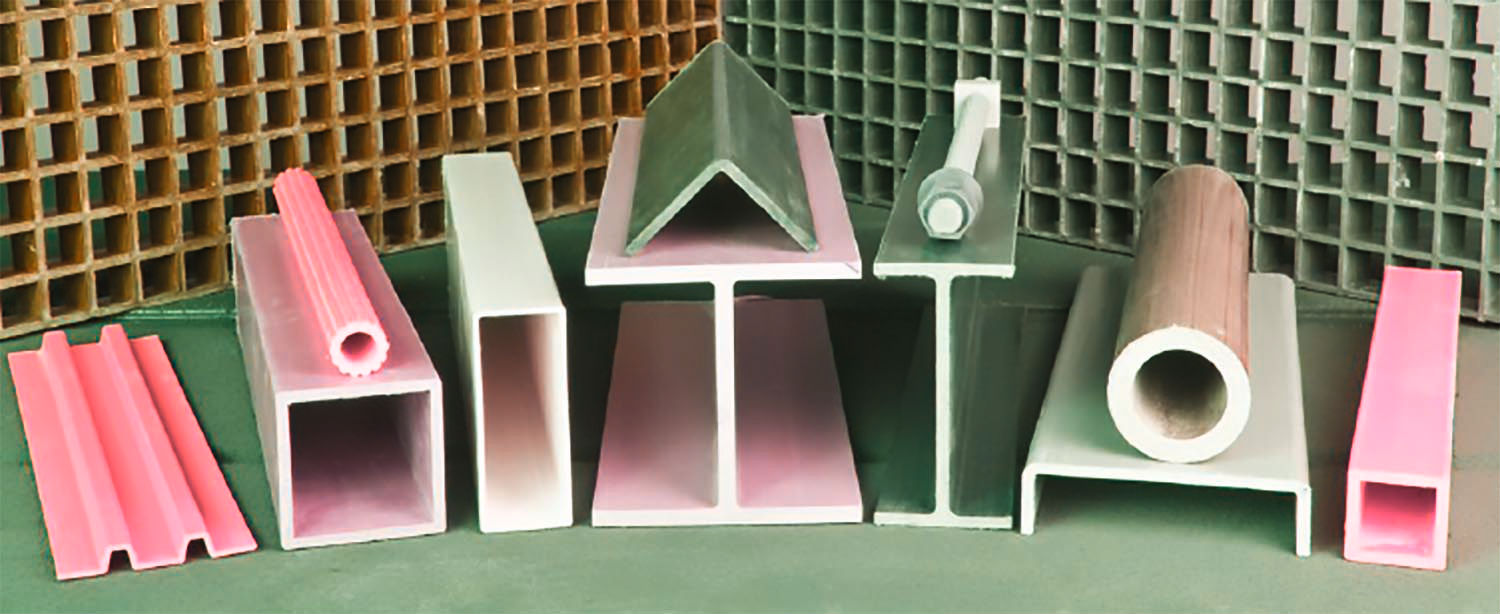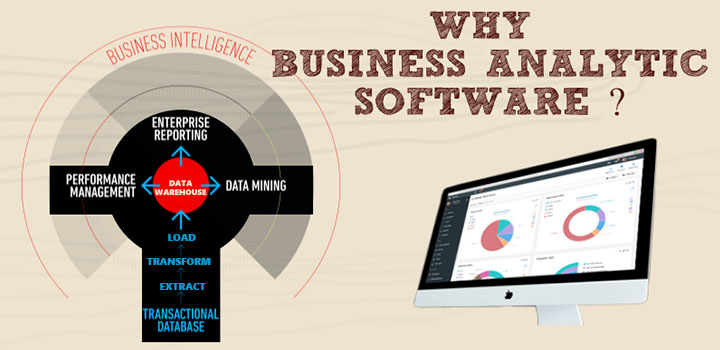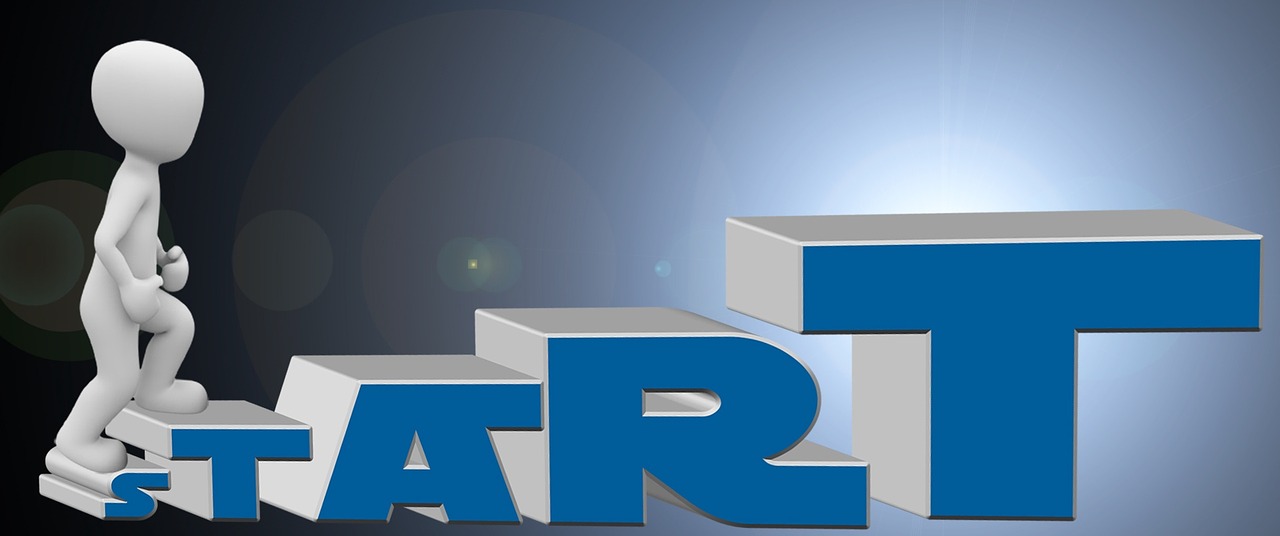Making a switch from the existing, at times conventional or outdated, system to an ERP is a question of strategic importance. There are numerous things that one must keep in mind when deciding on an ERP. This post is on how does one choose what’s the best for them? What are those top five questions that you may ask in order to choose the right ERP for you? Let’s see.
Who’s the vendor?
Considering that you aim to run your business in the long run, the ERP software application and its underlying features and capabilities will help you map your current and future growth plans with deliverables and results, you need an ERP that’s there for the long haul.
So, if you want to implement an ERP in your process-manufacturing environment, you will prefer a software vendor that has been there in the market, evolved, grown, and matured as a software company. You would also like to check if the software vendor has witnessed and addressed to the changes in the trends, magnitudes and nature of requests, and been a key influencer in bringing in technological innovations.
While such points may practically have nothing to do with your actual business, the answers to some of those points will surely lead you to boil your long list down to the probable vendors. Also, these insights will help you refine on your vendor and software options, and even help your business grow in the long run. After all, in the business it isn’t always what you know, but who you know, too!
What all does the ERP do for me?
Well, yes the vendor has a great track record, and that the vendor will continue to support and resolve my questions, doubts, and requests from time to time. But, what all does the product do for me? Does the ERP suffice my requirements? Will the ERP cover all or, at least, most of the business operations I do? Do the modules in the ERP cover my departmental workloads?
Not all business operations can be covered in an ERP. But, over a period of time, will the ERP cover the business operations I use the most? Going forward, I may need to add features and capabilities to my business operation. Will the ERP address to those changes? Only few ERPs contain module-based, task-specific screens that you can use to do the everyday tasks. And, that’s what you require from a good ERP: Diversified, Module-based, Task Oriented, and Flexible.
Can the ERP be delivered as SaaS?
That is a critical question to ask. That’s because based on how you choose to implement the ERP system, the hardware and software specifications (the IT infrastructure, so to say) will change. If you are implementing the ERP as Software as a Service (SaaS), you will not require any hardware support. Your ERP application will be placed on a cloud, and you will access and pay for it based on a monthly subscription basis. Today, these on-demand ERP systems are handy and easy to implement. Also, these systems reduce the cost of hardware maintenance. Also, because the ERP application does not require installation, a decent amount of time is saved in implementing the ERP application. But, the ERP as SaaS model may not suit every business. And, hence this question is that important a consideration.
How flexible is the ERP? Can I customize it the way I want?
A lot of ERP applications do not allow for customizations. But, as is the case with most businesses, things change so rapidly that there must be some room for customization. It is also true that an ERP may not suit 100% to your needs and requirements. And, if you cannot modify the application to your needs, then there is no sense in investing hugely into such an application.
A lot of ERPs allow for customizations. You can arrange for a support call to communicate your requirements. In fact, the customization can also be made during the implementation stage. That way, the application will be a lot more cohesively mapped into the system, and required tweaks can be made to the application in time.
How valuable are the ERP’s reporting and analytical capabilities?
It is often said that it is not how much you know, but what you do with it that matters. Similarly, it does not matter whether you have a lot of things in your database if you cannot use that information. The real application of an ERP is in bringing the key information to the surface, so that you can take decisions that drive the trends in your business.
A handful of ERPs provide out-of-the-box reports that contain module-specific information and insights. These insights can be used to regulate the procurement, production, and shipment processes in order to optimize the business operations. What’s more? You can customize the reports, too.
Other Important Questions and Considerations
But, that’s not all. There are other important questions as well that you must consider when deciding on an ERP application for your business. Questions like:
- Does this ERP application cater to the niche market?
- How frequently can I create backups?
- How much will my existing system change when I implement the ERP?
- How usable are my old backups? What issues, if any, do I face when I restore backups?
- What is the total cost of the implementation?
- Will I be able to integrate the ERP with the other/legacy systems and applications?
- Will the ERP require huge amount of time and costs involved in order to train my employees on using the new system?
Again, such a list of questions may not be exhaustive, and there will always be some questions that you will come up with during the implementation process. But overall you can use the above list of questions for cues on which ERP application is the best for your process-manufacturing environment.






